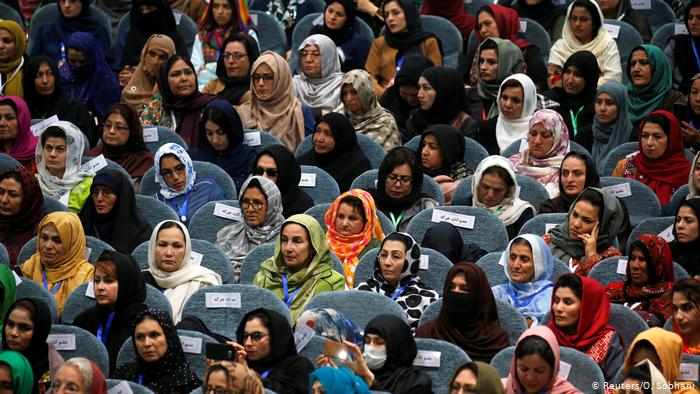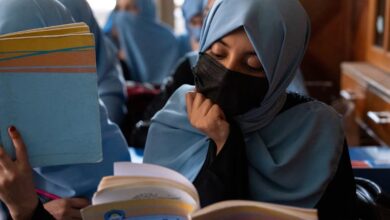
The intelligence unit of the provincial police department said they are still investigating the matter, according to Rahmani, who said he spoke to police directly. So far officials are unclear on the culprit, the motive, and the potential type of poison possibly used against the school children, he added.
The investigation was prompted by accounts of 17 female students in one school on Saturday, and a day later, 60 others, mostly girls, at another school in a nearby village, Rahmani said.
“After reaching school in the morning, the students suddenly started feeling dizzy, headache, and nausea,” Rahmani said. The students were admitted to a local hospital, but 14 whose situation was more critical were transported to a hospital in the provincial capital, according to Rahmani.
A doctor at Sar-i-Pul hospital confirmed to CNN that some of the girls were admitted to hospital and he believes they were poisoned based on their symptoms.
The doctor spoke on the condition of anonymity, citing safety concerns.
The education of girls has become a divisive issue in Afghanistan since the Taliban takeover of the country in 2021, where the group proceeded to strip away hard won freedoms for women and exclude them from public life.
Some of its most striking restrictions have been around education, with girls barred from returning to secondary schools and universities, depriving an entire generation of academic opportunities.
Following international pressure, the Taliban kept primary schools open for girls until around the age of 12, Reuters reported.
Several poisoning attacks against schoolgirls took place during Afghanistan’s previous foreign-backed government. In 2012, more than 170 women and girls were hospitalized after drinking apparently poisoned well water at a school. Local health officials blamed the acts on extremists opposed to women’s education.




